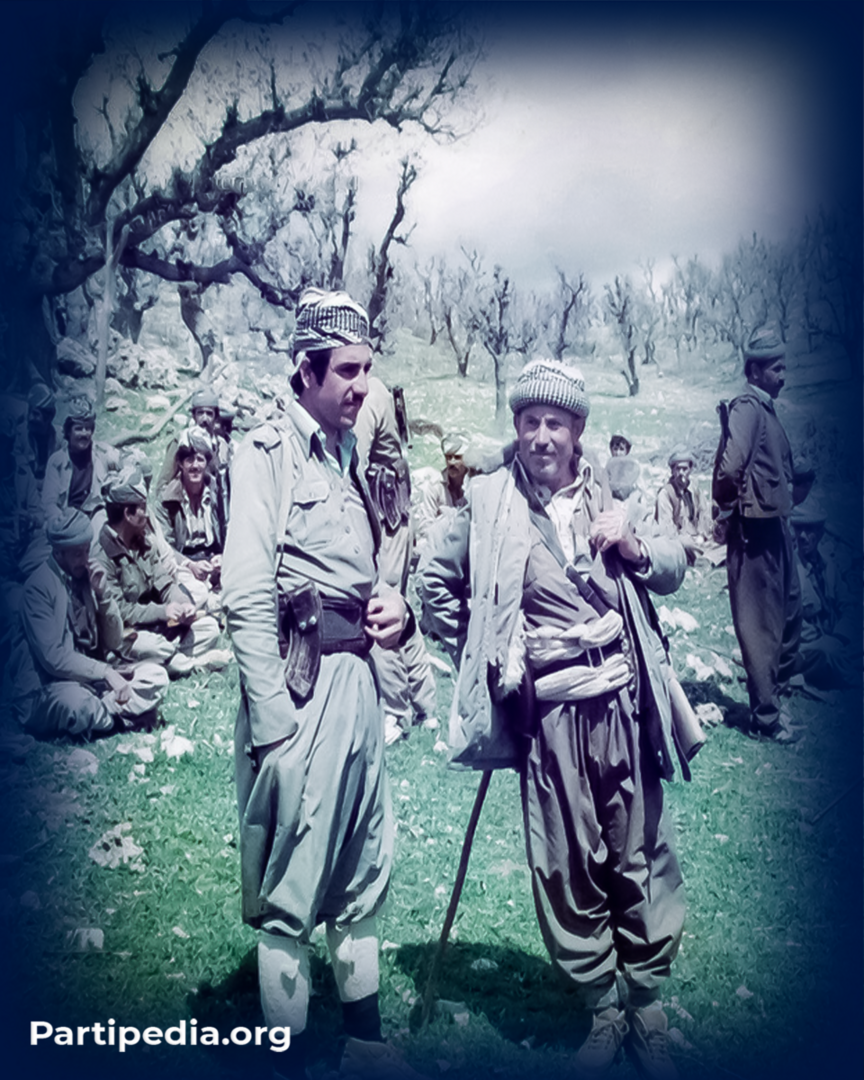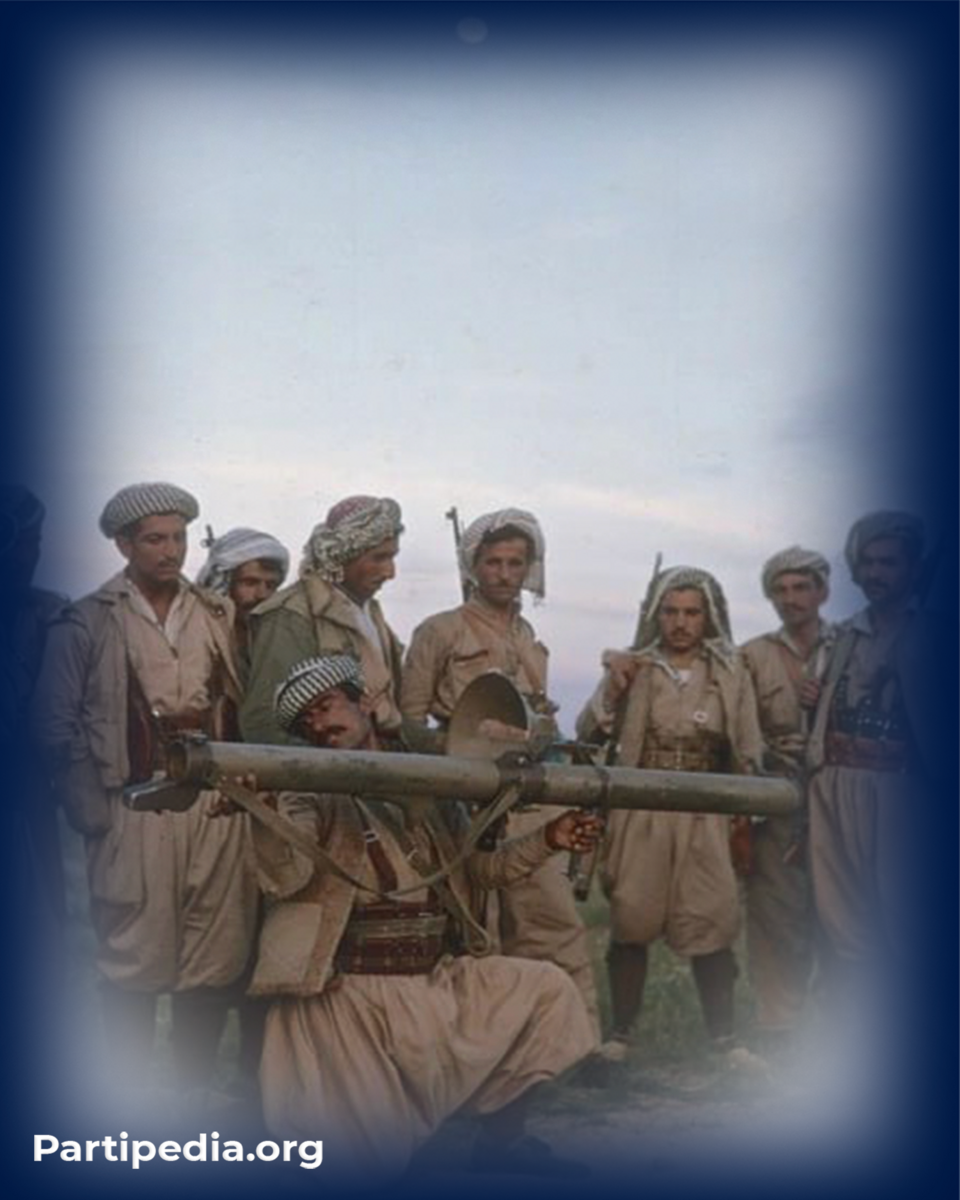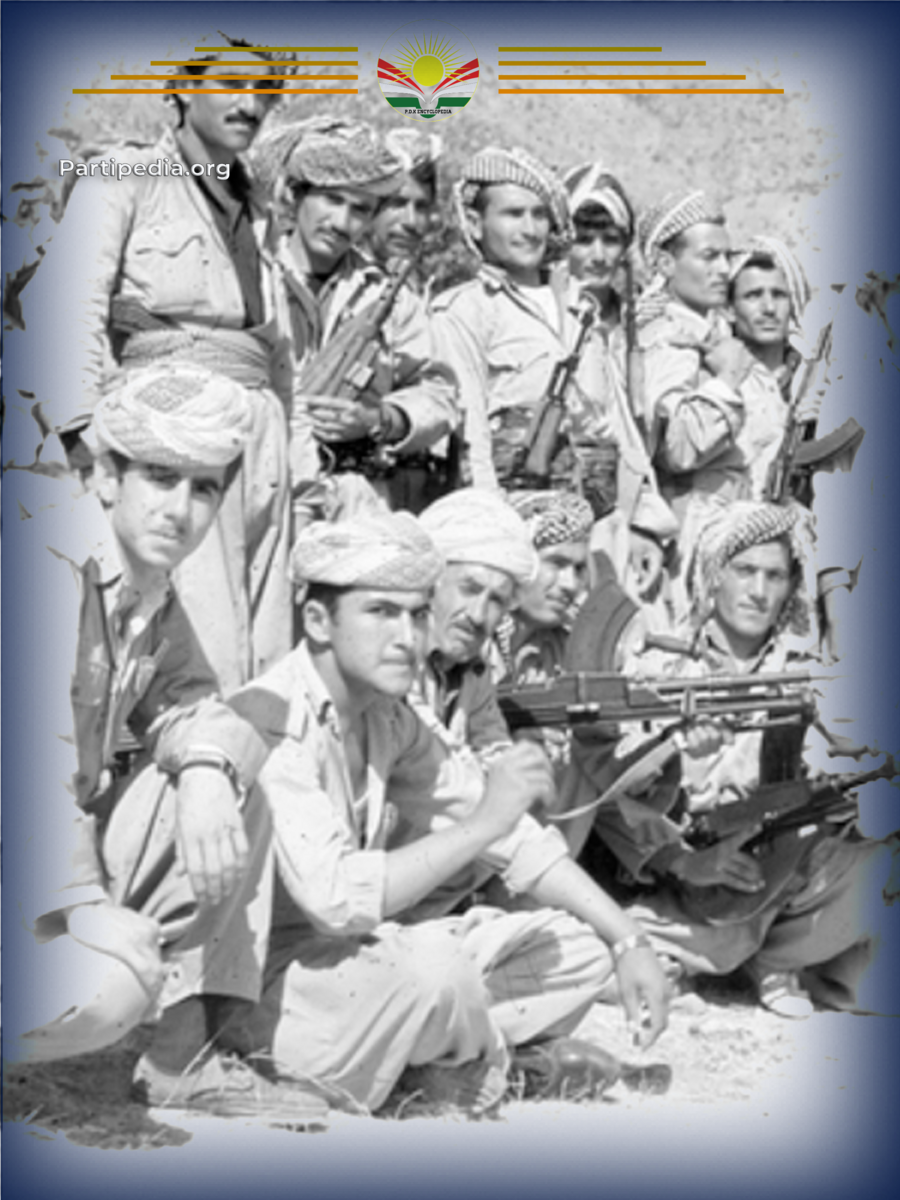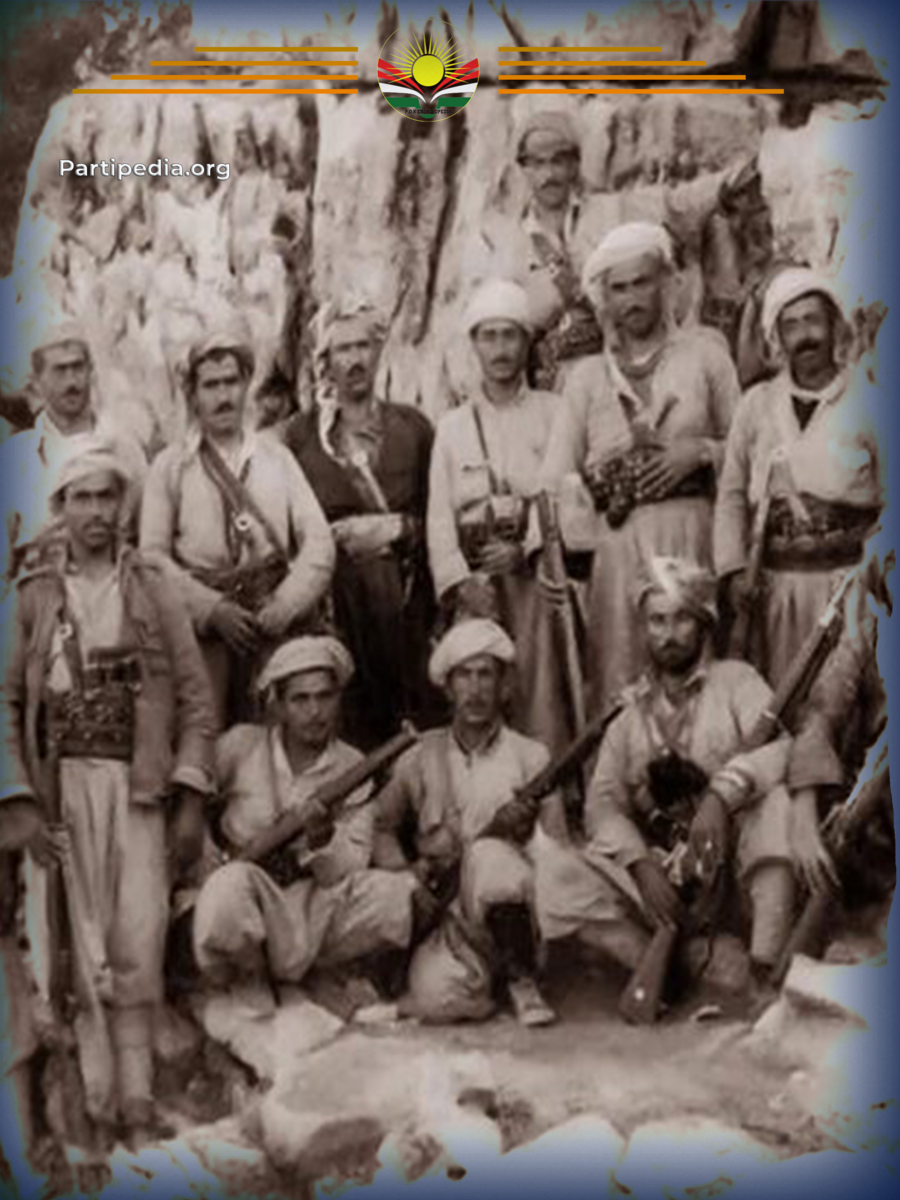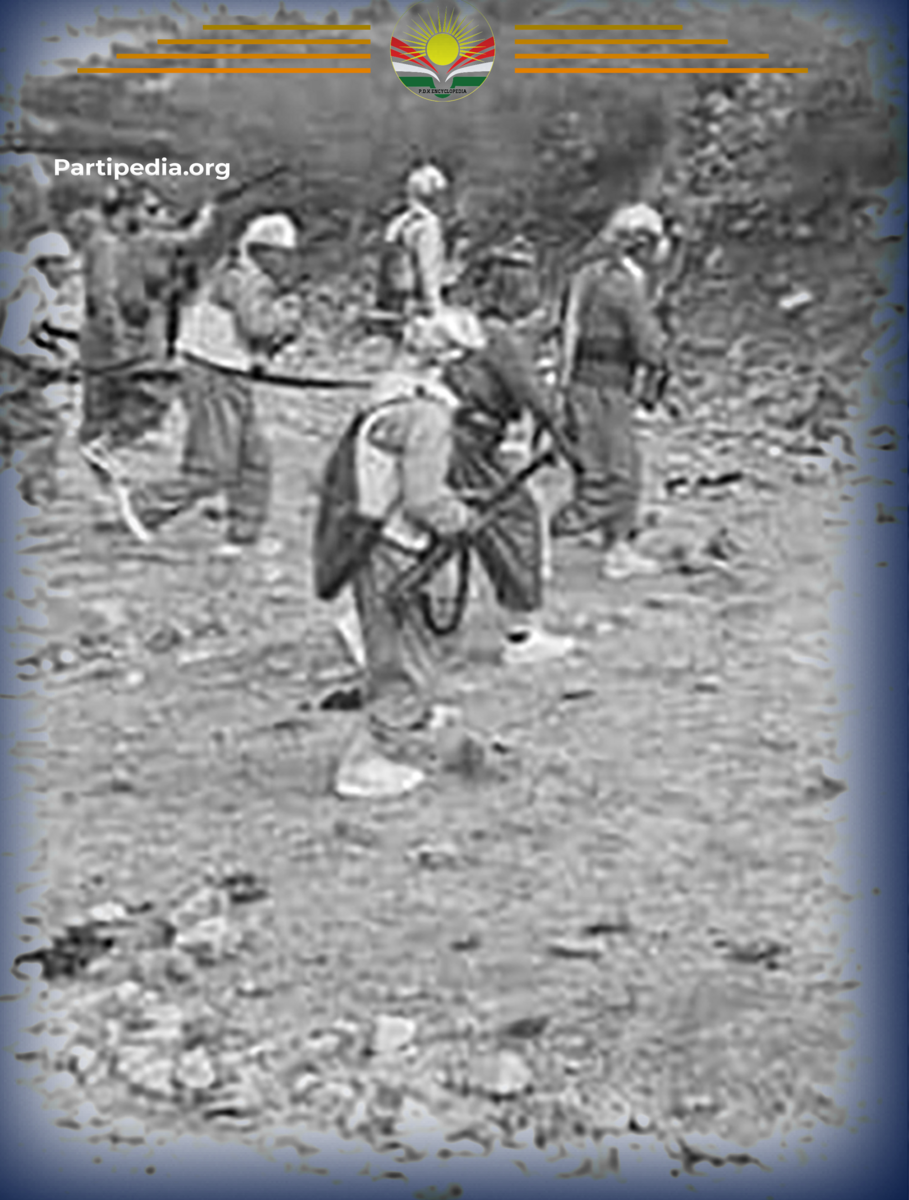During the 1980s, the Kurdish conflict involving armed resistance and guerrilla tactics had escalated to a critical point. Peshmerga fighters had advanced significantly into areas of South Kurdistan under the control of the Ba'ath regime. Furthermore, on certain occasions, the operations carried out displayed such remarkable efficacy that they greatly unsettled the government forces. Additionally, the Peshmerga forces dealt significant blows by eliminating, injuring, and apprehending numerous soldiers and fighters affiliated with the Ba'ath regime. Undoubtedly, this was the reaction of the Kurdish revolution to the attitude of the Ba'ath officials towards the citizens and their view of the Kurdish cause; They Kurdish people were treated so mercilessly that hundreds and thousands of civilians suffered.
During this particular period, the Peshmerga forces engaged in a significant battle against the Iraqi government forces on February 26, 1988, along the Zakho-Batufa road. A group of Peshmergas affiliated with the Zakho Regional Committee of the Kurdistan Democratic Party (KDP) strategically planned to confront and overcome the Iraqi forces. Following a thorough analysis of the situation and timing of the operation, they successfully arrived at the designated location and launched an attack on the enemy forces stationed in the vicinity. The Peshmerga forces swiftly and effectively hit their target, inflicting substantial damage upon the government forces. Furthermore, the Peshmerga forces successfully apprehended and detained 34 Iraqi soldiers, among them a prominent officer named Juma from Samarra.
The mentioned activities significantly influenced the morale of the Peshmerga fighters striving for freedom and democracy, providing solace to revolution supporters and clandestine groups within urban areas. Consequently, it instilled a sense of apprehension and dread among the Iraqi military and armed forces as they engaged the Peshmerga using their full military might, including sophisticated weaponry such as tanks, artillery, and aircraft, yet remained unsuccessful in quelling the revolution.
The aforementioned actions had a profound impact on the bravery of the Peshmerga combatants who were dedicated to the cause of freedom and democracy, serving as a source of reassurance for revolution sympathizers and underground factions in urban centers. This, in turn, instilled a sense of unease and trepidation within the ranks of the Iraqi military and armed forces as they confronted the Peshmerga with all available military resources, including advanced weaponry like tanks, artillery, and aircraft, yet failed to suppress the revolutionary movement.
Sources:
-
شیمال زێباری: هندەك ڕاستیێن ڤهشارتی د شۆڕشا گولانێدا، چاپی یهكهم، چاپخانهی ڕۆژههڵات، ههولێر – 2015.
-
مهسعود بارزانی: بارزانی و بزوتنهوەی ڕزگاریخوازی كورد، بهرگی چوارم، 1975-1990 شۆڕشی گوڵان، بهشی دووەم، چاپی یهكهم، چاپخانهی ڕوكسانا، 2021.
-
د. سعید بن ناصر الغامدى: حزب البعث تاریخە و عقائدە، دار الوطن للنش،ر الطبعة الاولى، ١٤١١ه .




